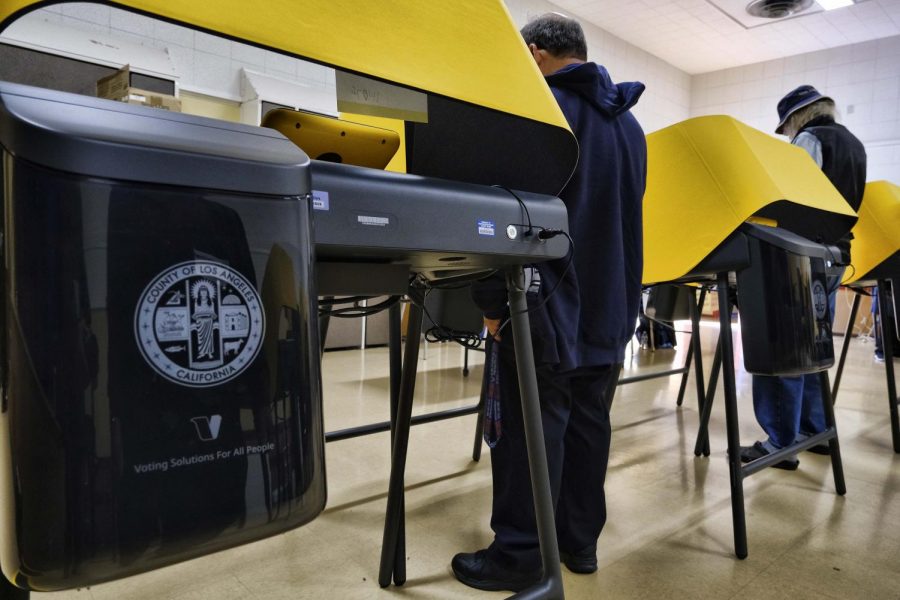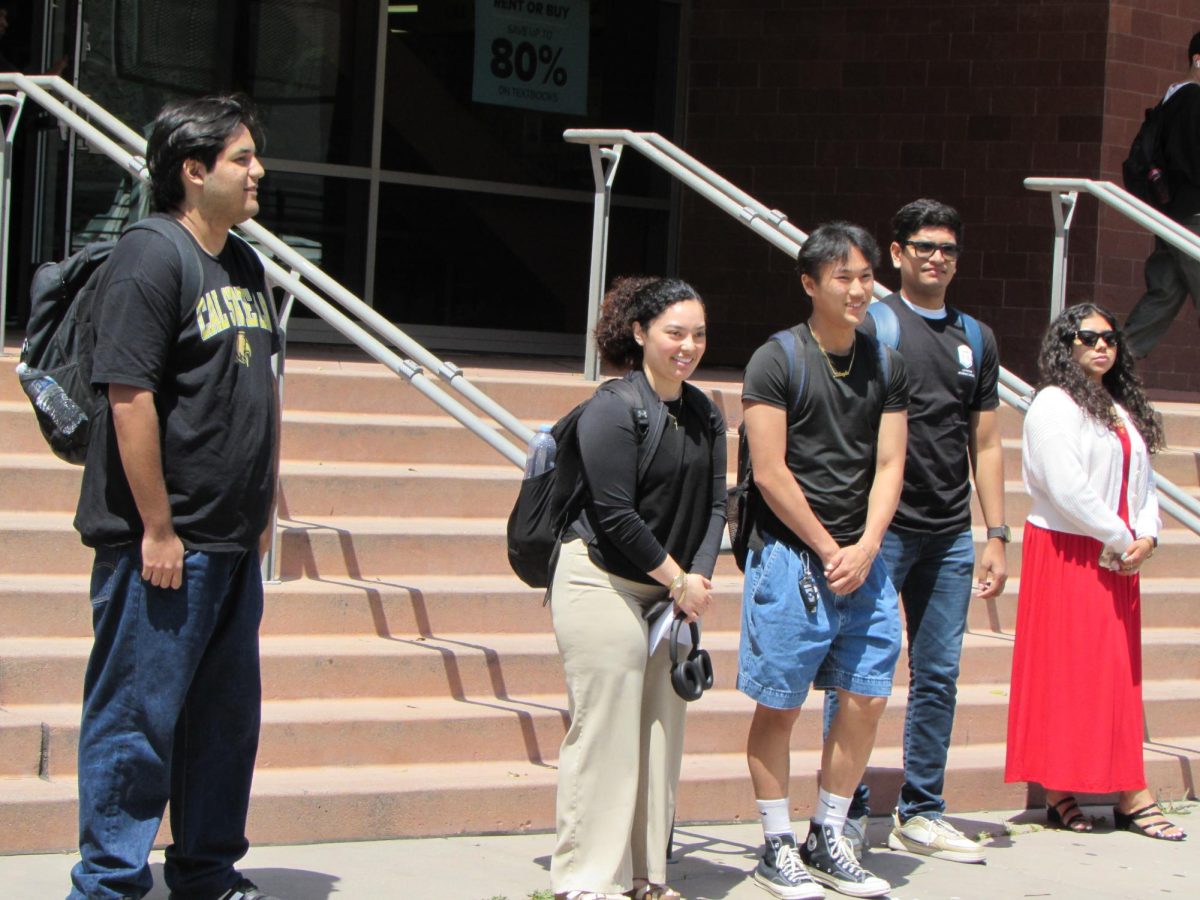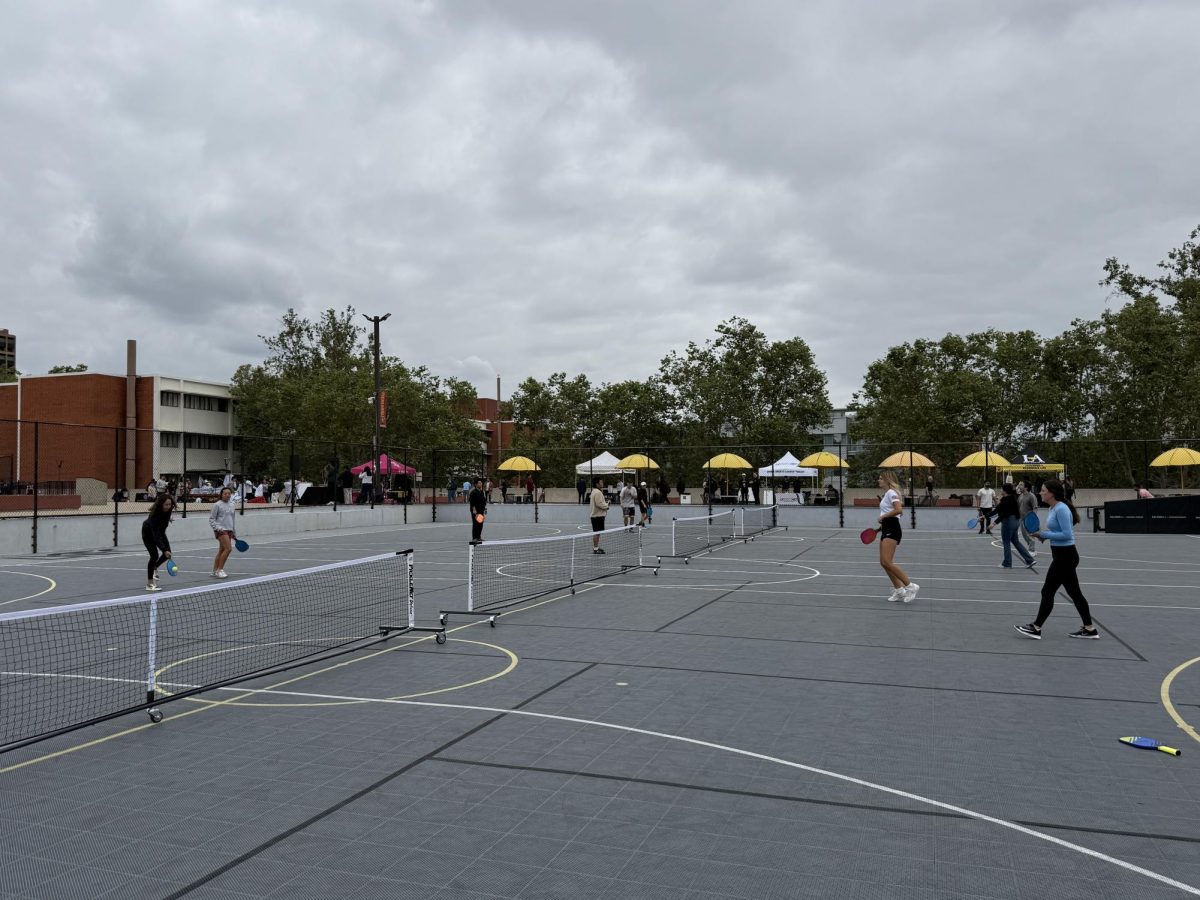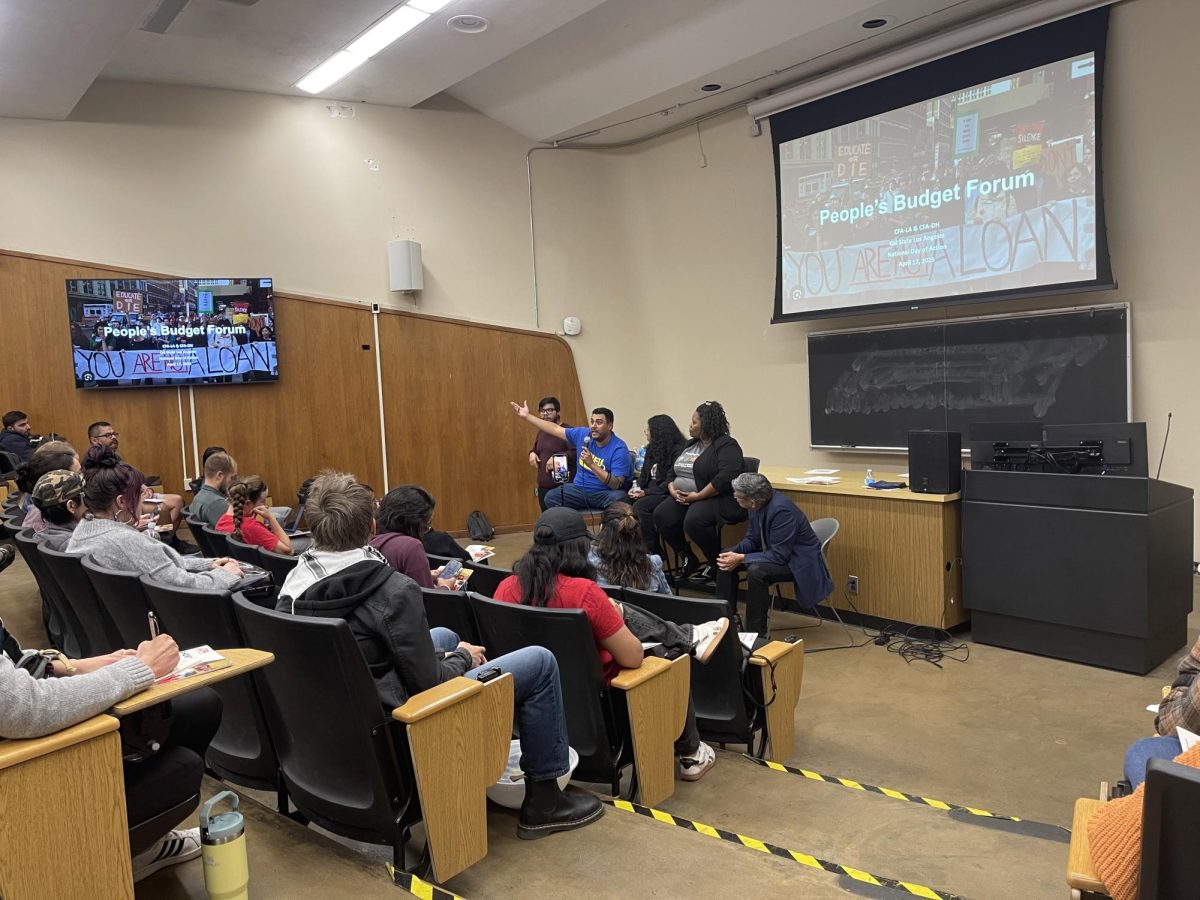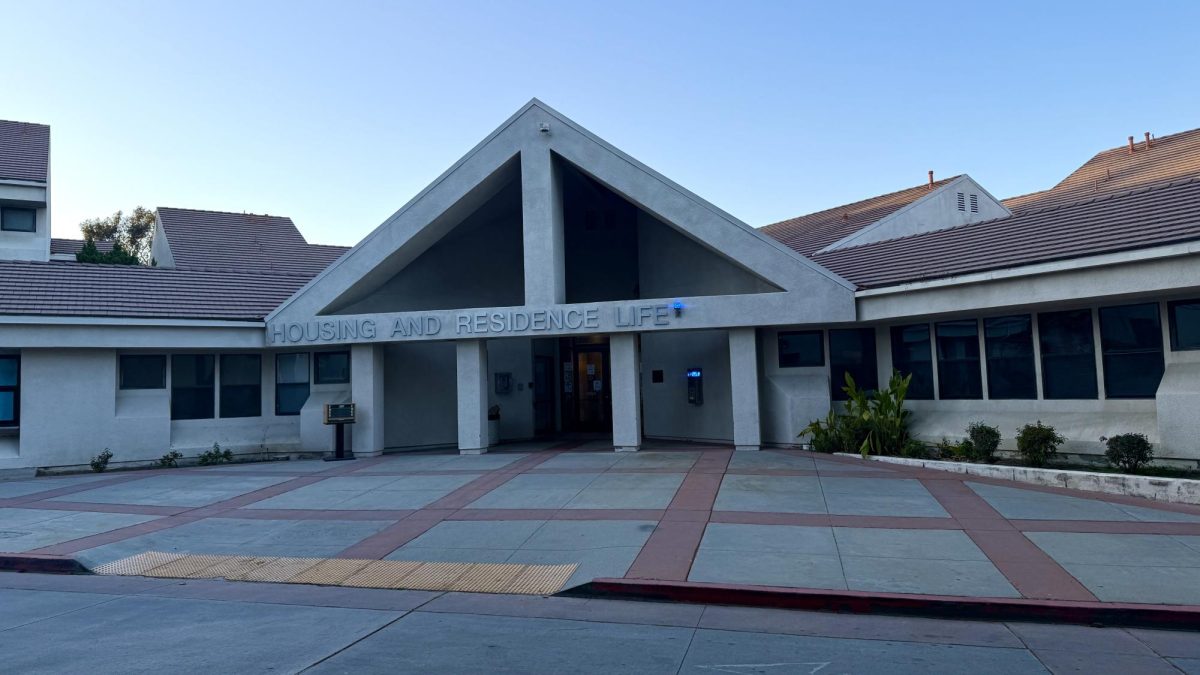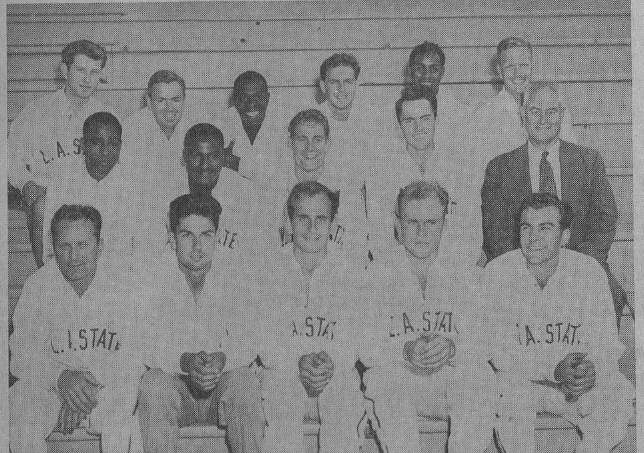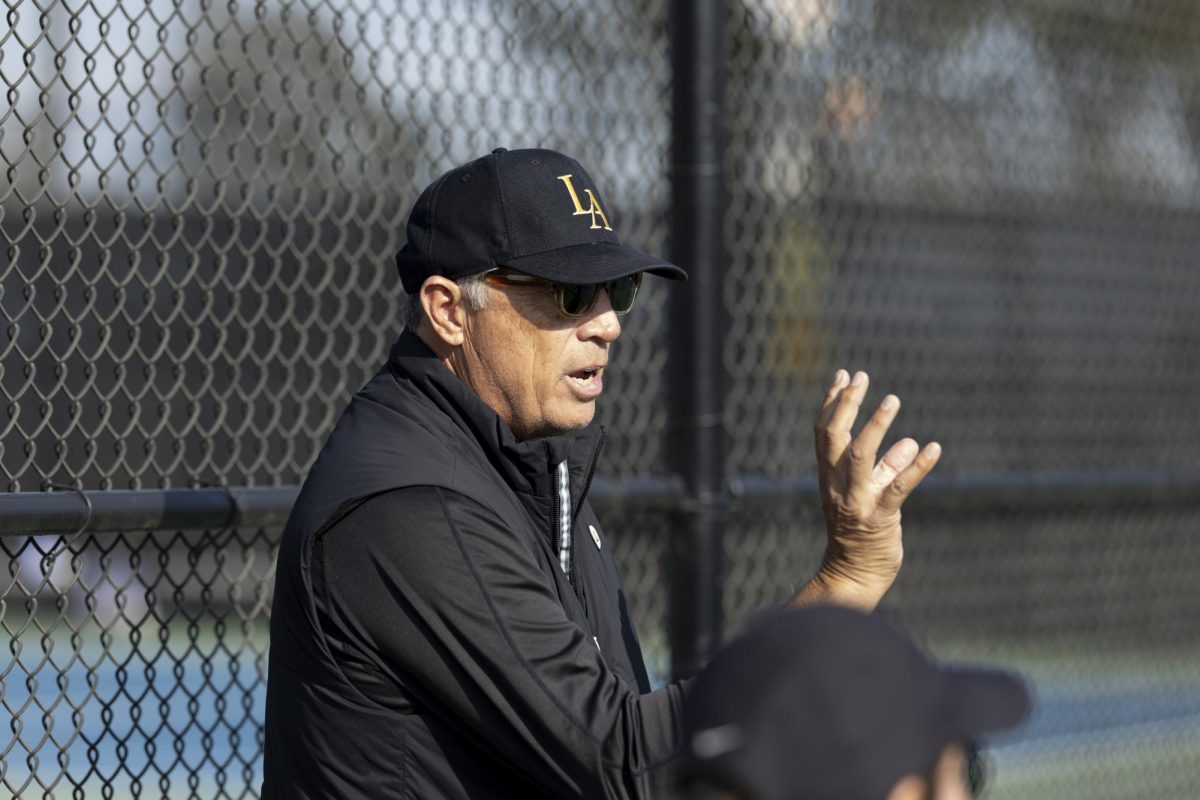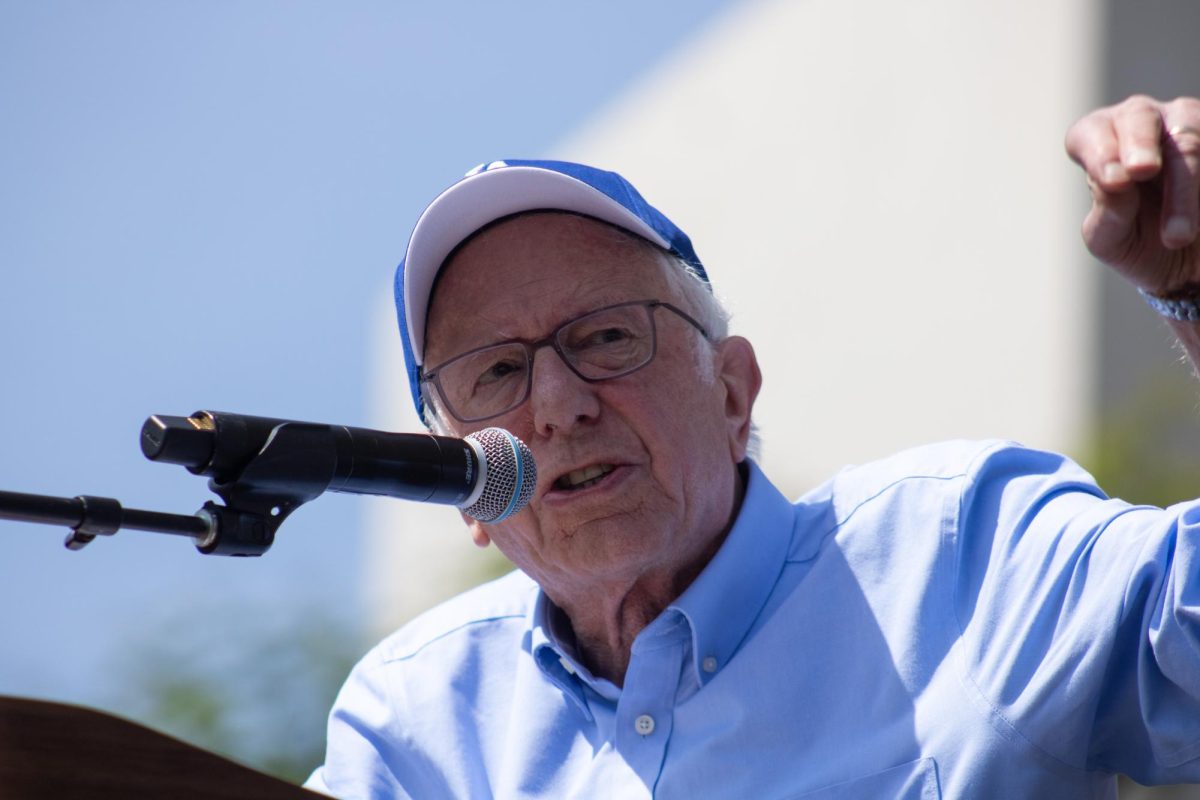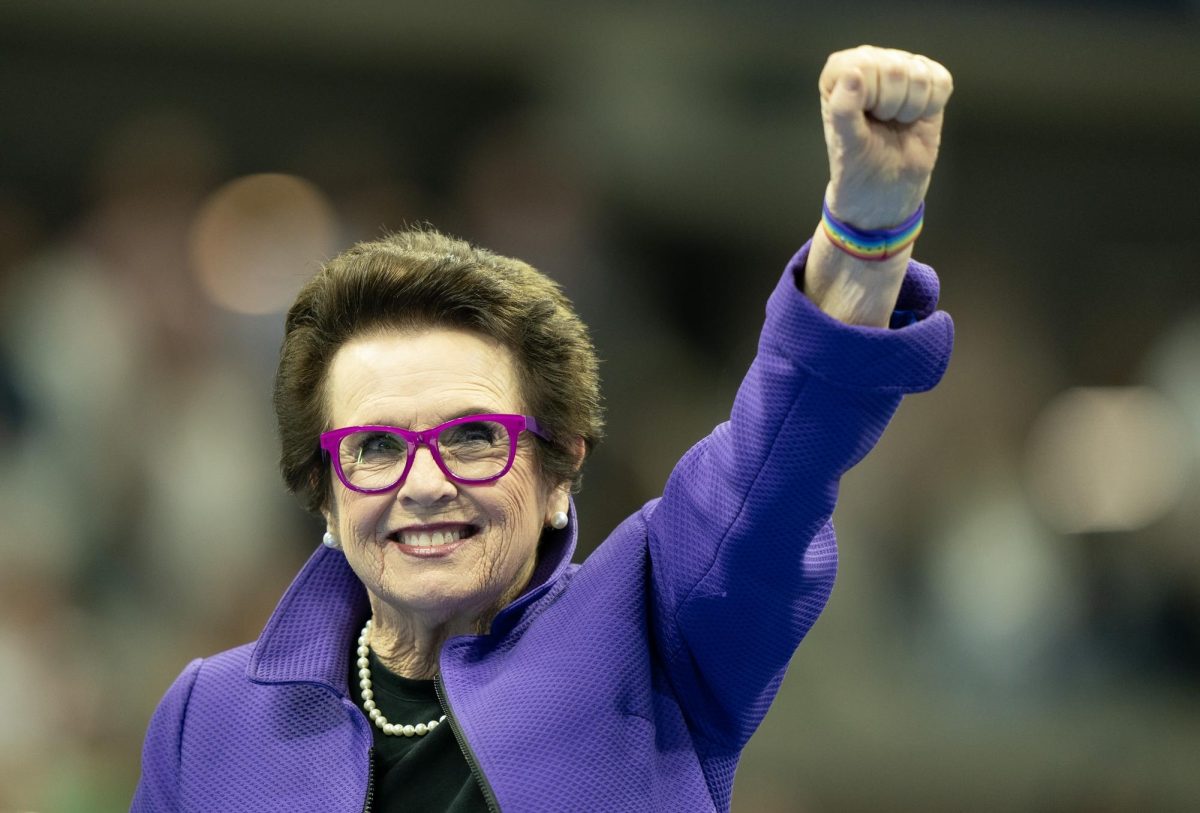The past few days have been explosive in an already eventful race to the presidency. On Saturday, by an enormous margin, Joe Biden won the South Carolina primary. The victory reignited a deteriorating campaign, propelling Biden to be within reach of Bernie Sanders, the current frontrunner, by six delegates as of Monday, according to Politico.
Over half of the Democratic electorate in the state is African American, a crucial voting block for the party. Biden vastly outperformed among that demographic compared to his rivals, by winning 61 percent of the black vote, reported NBC News, while Sanders, the runner-up in the primary, scored 16 percent.
Despite the setback, Sanders is looking toward Super Tuesday, when 14 states vote on a single day for the party’s nominee. The self-labeled, Democratic socialist is particularly counting on California, the state with the most delegates in the country, where he has invested notable time and resources. The Vermont Senator may reap the rewards, as he leads in state polls while also having strong support among Latinx people, who make up nearly a third of the state’s eligible voter population, according to a 2018 report from the Pew Research Center.
As the Democratic establishment is nervous about a surging Sanders, moderate candidates dropped out of the race since South Carolina’s contest. Pete Buttigieg, who started off strong in Iowa and New Hampshire, and Amy Klobuchar, who last month had a minor surge, endorsed Biden soon after they ended their campaigns in what was seen as an effort to coalesce around a moderate alternative to Sanders.
Notably, Mike Bloomberg, former New York City mayor and multi-billionaire, will barely be debuting on the ballot come Super Tuesday. The centrist candidate, one of the field’s more vocal critics of Sanders being a self-labeled democratic socialist, has spent over half a billion dollars of his own money on his campaign. With the immense self-funding, Bloomberg has dominated air waves.
However, he has faced immense scrutiny for alleged sexist comments he has made, allegedly fostering a culture of sexual harassment as an employer. There’s added scrutiny due to his “stop and frisk” policy during his time as mayor. Along with his baggage, Bloomberg had a universally lambasted debate debut in Las Vegas, where he took shots from the other candidates.
Richard Groper, a lecturer of political science at Cal State LA, felt Bloomberg had a better debate in South Carolina in comparison to his first one in Nevada. But it wasn’t the bounce-back the billionaire needed a week before Super Tuesday when he would be a first time option for voters, said Groper.
Along with moderates scrambling to challenge Sanders, the Democrats’ superdelegates may void a Sanders nomination if he reaches a plurality instead of a majority of delegates. The New York Times reported on superdelegates and other prominent Democrats who expressed their angst over Sanders.
“In a reflection of the establishment’s wariness about Mr. Sanders,” the Times reported, “only nine of the 93 superdelegates interviewed said that Mr. Sanders should become the nominee purely on the basis of arriving at the convention with a plurality, if he was short of a majority.”
Groper said he didn’t think Sanders being denied the nomination with a plurality is likely but he “wouldn’t be surprised if that happened.” He added, “There would certainly be backlash,” from Sanders’ supporters.
Unless otherwise stated, news sourced by the Associated Press.

